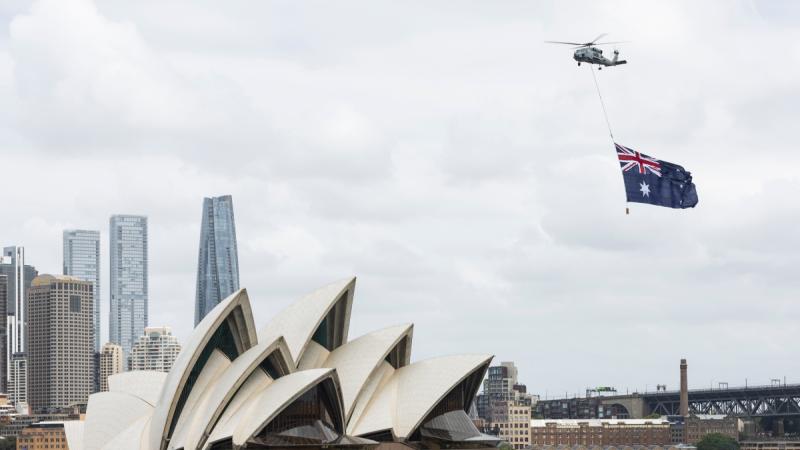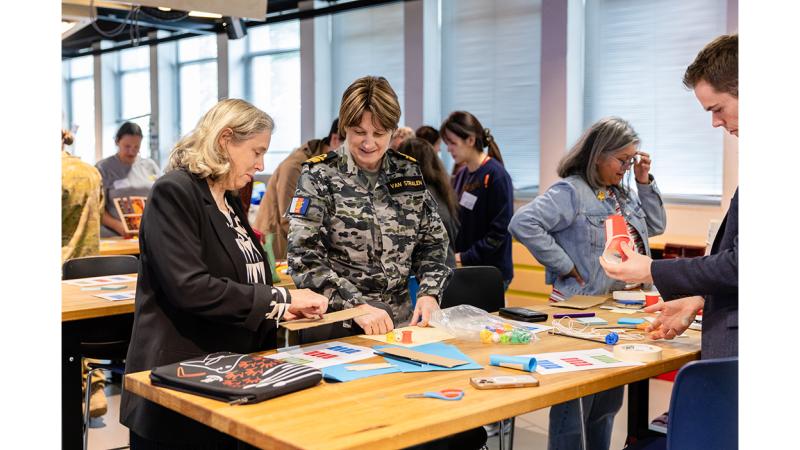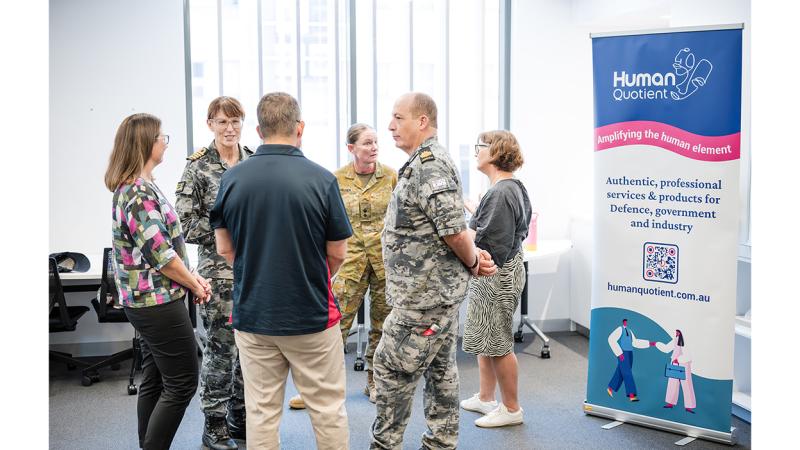10 November 2020
Aunty Lorraine Hatton spent 20 years as an Army signaller keeping communication lines open.
The former Warrant Officer Class 2 is continuing to work in the field of communication, but in another guise.
In her first official role to the Townsville region as the Army Indigenous Elder, she visited Lavarack Barracks from October 19-20, focusing on engaging soldiers and Indigenous communities.
“My trip was predominantly to meet and greet with command teams and the soldiers, introducing myself and sharing a little background on my history and what my role is,” Aunty Lorraine said.
“It was fantastic to chat to all the young soldiers and to see how the command climate has changed for the better.”
Aunty Lorraine said some of the younger soldiers had Indigenous heritage but didn’t know a lot about their culture.
“The Army Indigenous Initiative Programs have Elders from different areas that tell them about these sort of things,” Aunty Lorraine said.
“This is why these programs are so fantastic. I remember back in my day I didn’t have these.”
Her trip also included yarning circles with the Indigenous soldiers.
“They [the yarning circles] are an opportunity for people to come together, to talk and listen to one another,” Aunty Lorraine said.
“We did this well at 10FSB [10th Force Support Battalion] where we sat in a yarning circle, telling our stories and learning about each other, our achievements and how Army has genuinely embraced the cultural learning.”
Aunty Lorraine said the Australian War Memorial had done a fantastic job finding out how many Indigenous people served in the Army.
“We still don’t know the full extent of Indigenous soldiers that served; they didn’t identify at that time because Indigenous people couldn’t join,” she said.
“I expressed to the soldiers how important it is to identify as being Indigenous in the Army because of our military history with the Indigenous people that served.”
This year’s NAIDOC theme, 'Always was, Always will be', was important to Aunty Lorraine because of Indigenous people’s strong connection to their land.
“Technically, no one owns the land, but we are the custodians, and we will be for generations to come,” she said.


